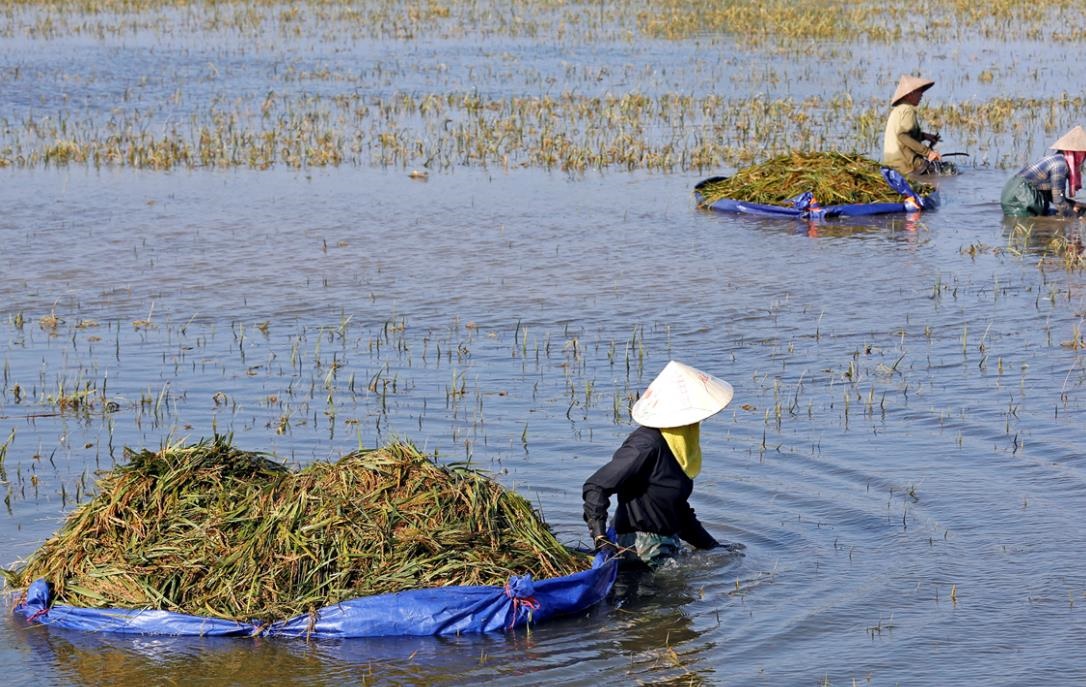CGIAR 2° Initiative concludes Phase 1 of stakeholder consultations on securing Asian Mega-Deltas against climate change

IRRI, as part of the Two Degree Initiative for Food and Agriculture (2DI), helped lead a series of stakeholder consultations from June to August which captured key challenges, as well as stakeholder needs and priorities regarding climate change and food security, while forging partnerships to strengthen climate resilience of Asian Mega-Deltas.
Together with the International Water Management Institute (IWMI), WorldFish, and the World Resources Institute, IRRI provided insights to develop a draft research for development (R4D) agenda to climate-proof the Ganges-Brahmaputra Delta, Mekong Delta, and Ayeyarwady Delta. 2DI’s vision in Asia, specifically, is “Transforming the region’s Mega-Deltas into sustainable food baskets in resilient and inclusive agricultural landscapes with low-emissions supply chains.”

Asian Mega-Deltas, which serve as crucial natural resource ecosystems for local communities, face the growing threat of climate change each year. Salinization, sea-level rise, floods, storms, and coastal inundation, affect millions of hectares of agricultural land and have resulted in huge declines in fish populations.
In addition to these, unsustainable land and resource use and low adaptive capacity among smallholder farmers are making communities more vulnerable to the impacts and risks of climate change. These have resulted in loss of productivity, income, and overall livelihood opportunities.
To address the challenges of increasing resilience, participants of the stakeholder consultations recommend use of innovative technologies to ensure sustainability but also fostering the understanding of why unsustainable practices remain. In order to achieve these, local programs must introduce concerted bottom-up and top-down approaches where communities, especially women and youth, play a central role in decision making and the development and outscaling of interventions.
This recommendation, among many others, will figure as a strategic priority in the R4D agenda. Going forward, the agenda is expected to become more interdisciplinary and holistic to capture a wide set of perspectives and expertise. Stakeholders emphasized the importance of strong partnership networks to help scale the research appropriately and achieve impact.

“The complexity of Mega-Deltas and the challenges that threaten them require joint efforts of a variety of different stakeholders. These consultations have been instrumental in helping us ensure that our work addresses pertinent issues and provides a strategy that everyone can get behind on,” said Bjoern Ole Sander, Climate Change Focal Point, IRRI.
Around 150 stakeholders from various organizations and universities across Myanmar, Bangladesh, Vietnam, and Cambodia participated in an online survey, kick-off webinar, and three delta-specific stakeholder consultations. To follow-through with the successful discussions, phase 2 of the stakeholder process will be implemented in 2021 and will co-develop detailed plans and proposals for the program.